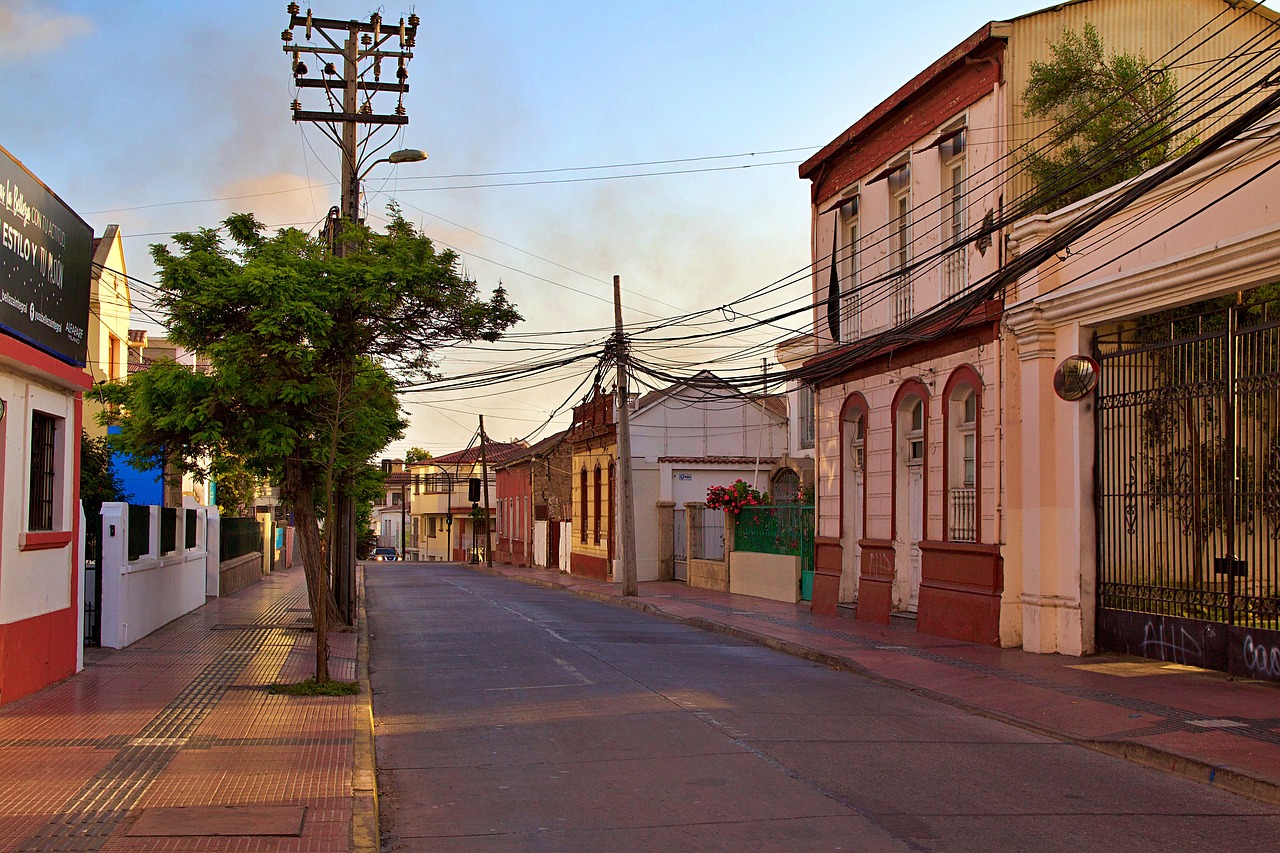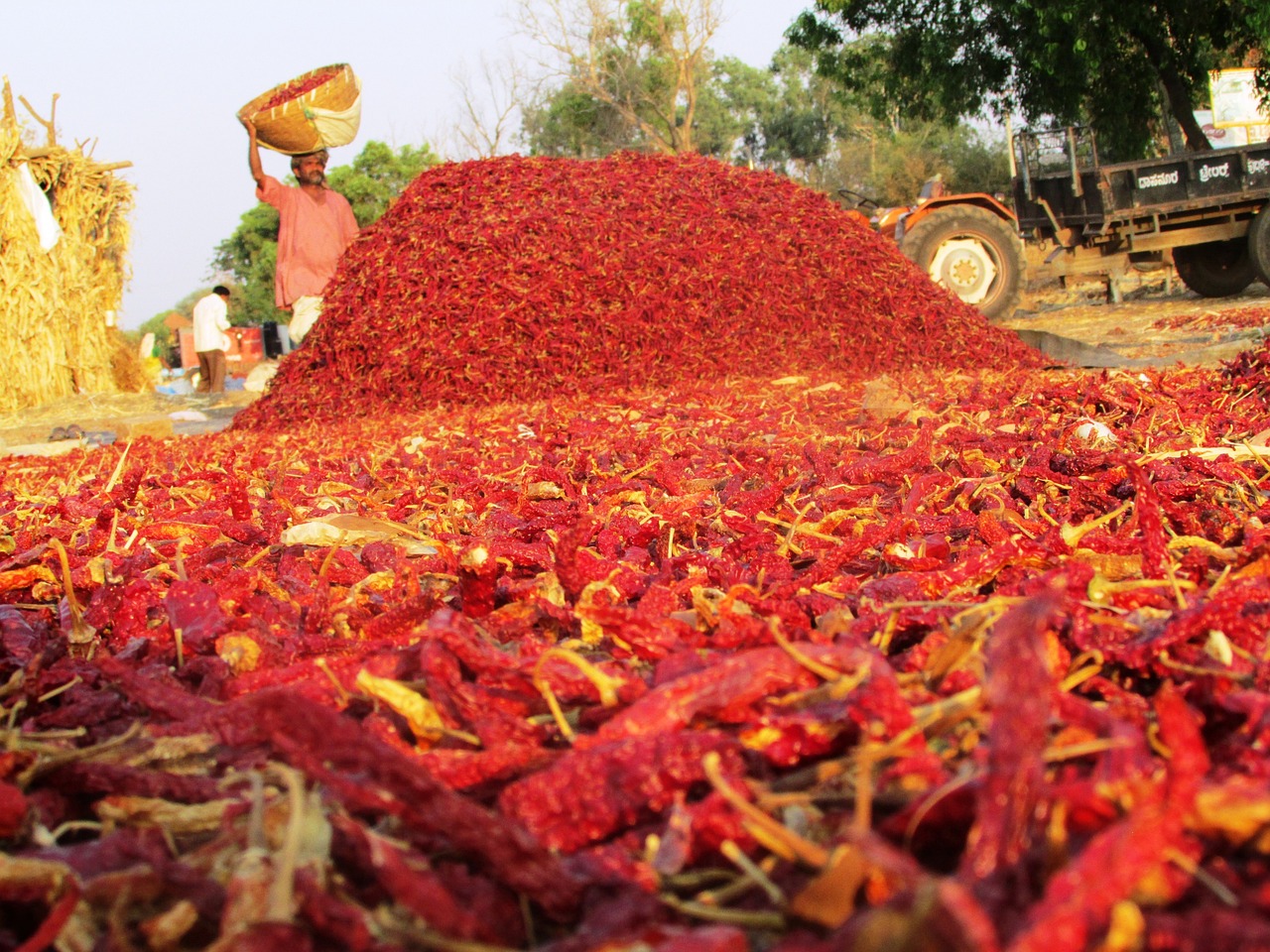Emergency Services: What to Know While in Chile
Chile, a country known for its stunning landscapes and vibrant culture, is a popular destination for travelers from around the world. While exploring this beautiful country, it’s essential to be aware of the emergency services available to ensure your safety and well-being. This article will provide you with detailed information about emergency services in Chile, including contact numbers, hospitals, police, fire services, and more.
Emergency Contact Numbers
- Emergency Police: In case of any criminal activities or emergencies requiring police intervention, dial 133. The police in Chile are well-trained and equipped to handle various situations.
- Ambulance: For medical emergencies, dial 131 to reach an ambulance service. The operators are trained to assess the situation and dispatch the appropriate medical assistance.
- Fire Department: If you encounter a fire or require assistance with fire-related incidents, dial 132 to contact the fire department. They are equipped to handle fires, rescue operations, and hazardous material incidents.
Hospitals and Medical Services
- Public Hospitals: Chile has an extensive network of public hospitals that provide medical services to residents and visitors. Some of the renowned public hospitals include Hospital del Salvador, Hospital San Juan de Dios, and Hospital Clínico Universidad de Chile.
- Private Hospitals: There are also several private hospitals in Chile that offer high-quality medical care. Notable private hospitals include Clínica Santa María, Clínica Las Condes, and Clínica Alemana.
- Medical Clinics: If you require non-emergency medical assistance, medical clinics are a convenient option. They offer general medical services, consultations, and minor treatments. Some popular medical clinics in Chile include Cruz Verde, Salcobrand, and Farmacias Ahumada.
Police Stations
- Carabineros de Chile: The Carabineros de Chile is the national police force in Chile. They are responsible for maintaining public order, preventing crime, and ensuring the safety of citizens and visitors. Carabineros de Chile stations can be found throughout the country, and they provide assistance in various situations.
- Tourist Police: Chile also has a specialized tourist police force known as the Policía de Investigaciones (PDI). They cater specifically to the needs of tourists and offer assistance, information, and support in English and other languages.
Embassies and Consulates
- Embassies: Many countries have their embassies in Chile, representing the interests of their citizens. If you require consular assistance, it is advisable to contact your respective embassy or consulate. They can provide support in case of emergencies, lost passports, or any other issues.
Transportation Services
- Taxi Services: Taxis are a common mode of transportation in Chile. It is recommended to use licensed taxis or reputable ride-hailing services like Uber or Cabify for your safety and security. Make sure to note down the taxi’s registration number and driver’s identification details.
- Public Transportation: Chile has an efficient public transportation system, including buses and metro services. Familiarize yourself with the routes, schedules, and ticketing systems to ensure a smooth and safe journey.
Natural Disasters and Safety Measures
- Earthquakes: Chile is located in an earthquake-prone region. Familiarize yourself with earthquake safety protocols, such as “Drop, Cover, and Hold On.” Stay informed about any seismic activity through local news or official channels.
- Volcanic Activity: Chile has several active volcanoes. Stay updated on the volcanic activity and follow the instructions of local authorities in case of any volcanic emergencies.
- Tsunamis: Coastal areas of Chile are susceptible to tsunamis. If you are near the coast during an earthquake, move to higher ground or follow evacuation procedures as instructed by local authorities.
- Wildfires: During the dry season, wildfires can occur in certain regions. Be cautious when visiting forested areas and follow any fire safety guidelines provided by local authorities.
Conclusion
Chile is a captivating destination with diverse landscapes and rich cultural heritage. While exploring this beautiful country, it’s crucial to be aware of the available emergency services, including contact numbers for police, ambulance, and fire department. Additionally, familiarize yourself with the locations of hospitals, police stations, and your embassy or consulate. By staying informed and prepared, you can ensure a safe and enjoyable experience in Chile.
References
- gob.cl – Official website of the Government of Chile
- chile.travel – Chile’s official tourism website
- carabineros.cl – Official website of Carabineros de Chile
- pdi.cl – Official website of Policía de Investigaciones (PDI)
- worldembassyinformation.com – Comprehensive directory of embassies and consulates
Chile Image 1:

Chile Image 2:

Chile Image 3:



